At the Government press conference on March 5, Deputy Minister of Finance Nguyen Duc Chi said that Vietnam will soon pilot a licensed cryptocurrency exchange, ensuring transparency and compliance with the law, while protecting the interests of investors. This information was positively received by cryptocurrency investors, although the operation method and legal framework are still questions.
Reporter of Nguoi Lao Dong Newspaper talked with Mr. Phan Duc Trung, Chairman of Vietnam Blockchain Association, about some issues of digital currency and the pilot digital currency exchange that the Government is about to deploy.
Reporter: In your opinion, is it feasible to pilot a cryptocurrency exchange soon?

- Mr. PHAN DUC TRUNG: Opportunities for crypto assets and digital assets are being welcomed by many countries around the world. In Vietnam, Resolution No. 57-NQ/TW of the Politburo on promoting science - technology, innovation and national digital transformation, along with the strong direction of General Secretary To Lam, agencies of the National Assembly and most recently the direction of the Prime Minister, has clearly demonstrated the determination not to miss this opportunity.
Crypto assets or crypto is a special type of asset developed on the blockchain technology platform. The appearance of Bitcoin (BTC) in 2009 laid the foundation for the explosion of this market, with the current total value exceeding 3,000 billion USD and tens of thousands of other assets still being actively traded.
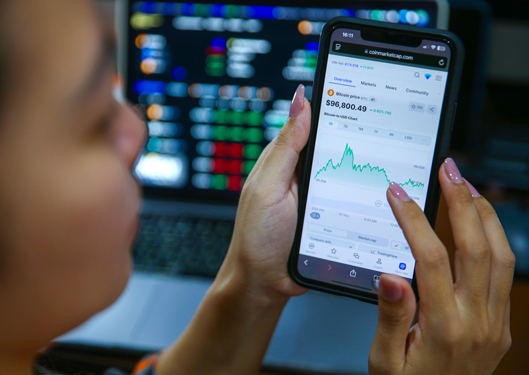
Vietnam is among the countries with the largest cryptocurrency transactions in the world, but there is no legal framework to manage and protect investors. Photo: HOANG TRIEU
Vietnam is highly regarded as one of the countries with the highest rate of crypto asset ownership in the world. According to TripA, about 17 million Vietnamese people are holding this type of asset, accounting for 17% of the total population, ranking Vietnam 5th globally. Vietnam is also ranked 3rd in the world in terms of crypto asset adoption in 2023 and 7th in terms of the number of people owning this asset in 2024, according to Chainalysis.
Therefore, if it does not act quickly, the country could fall behind in attracting investment and participating in global financial platforms, reducing the competitiveness of the Vietnamese economy.
I believe that the combination of a clear legal framework, practical policies, suitable for Vietnam's situation and international practices as well as efforts from localities will be key factors to promote the development of the digital economy.
What legal regulations need to be removed to facilitate the early completion of the cryptocurrency exchange, sir?
- The early adoption and promulgation of the Law on Digital Technology Industry is an important step towards creating a clear legal framework for the digital economy. The draft law mentions the concepts of "digital assets" and "crypto assets" and when passed, it will mark an important step towards bringing crypto assets into the legal framework.
In the context of urgent time, in my opinion, the management of digital assets and crypto assets should be implemented in a two-phase roadmap. The first phase should focus on building a pilot legal framework for crypto assets, creating a premise for the next phase of issuing detailed decrees after the Law on Digital Technology Industry is passed by the National Assembly.
The implementation of phase two can refer to the policy model being deployed when building two international financial centers in Ho Chi Minh City and Da Nang.
In the early stages, if the experimental legal framework is applied to crypto-asset exchanges, the criteria for selecting participants should focus on financial potential and technological capabilities. In fact, early-stage crypto-asset exchanges often face serious cyber-attack risks. A typical example is the hacking of Japan's Mt. Gox exchange or the recent cyber-attack of Bybit exchange that caused an estimated loss of 1.5 billion USD. These incidents show the urgent need for risk control criteria during the testing process.
The management mechanism of crypto-asset exchanges also needs to be adjusted appropriately, instead of applying the traditional securities management model. Crypto-assets have the characteristics of international connectivity, continuous trading 24/7 and mostly do not exist in physical form, completely different from securities - a type of asset that has been digitized but still maintains a physical custody mechanism in the traditional financial system.
In addition to the regulatory factor, the legal framework also needs to be designed in a regionally competitive direction to attract capital flows from the underground economy to the formal sector.
.In your opinion, how will the pilot cryptocurrency trading impact investors and the economy?
- Building a legal framework not only helps control risks but also creates conditions for capital flows from crypto assets to officially contribute to the economy. The state can collect taxes from crypto asset transactions, while minimizing social consequences from uncontrolled investment activities. Investors will experience and understand what an officially recognized transaction is, and at the same time be protected within the state's legal framework.
In addition, the issuance of a legal framework is also a mandatory condition for Vietnam to escape the Financial Action Task Force (FATF) grey list and promote blockchain applications in the fields of finance, logistics, healthcare, education, etc., creating a sustainable innovation ecosystem, promoting digital transformation in businesses and society.
Financial expert, Dr. NGUYEN TRI HIEU: Must be strict from the beginning
First, there must be legal regulations defining what type of asset digital assets are, what transactions are allowed, and which companies are allowed to issue and distribute them in Vietnam. These companies must have charter capital, a clear address, and a management board - that is, they must "have hair to hold" - so that when investors and people encounter losses or risks, they have a basis for complaints. On this legal basis, the Government will assign the State Bank, the Ministry of Finance, or relevant agencies to develop clear and specific legal regulations before putting them into operation.
Building a legal framework for digital currencies is necessary, but piloting a digital currency exchange is very complicated, with many issues that need to be strictly managed from the beginning. For example, for a long time, digital currencies have been one of the channels through which some international entities can launder money, legalize illegal sources of money, evade taxes, etc.
Now, these subjects can buy virtual currency on the exchange and then transfer that virtual currency to a third party abroad. If not controlled, this will cause huge harm to the economy, especially in the fight against corruption.
Ms. LE NGOC MY TIEN, co-founder and General Director of Blockchainwork Joint Stock Company: It is possible to pilot foreign exchanges to operate.
The pilot of a cryptocurrency exchange in Vietnam is a breakthrough, helping to attract investment and improve the country's financial position. However, this model needs to ensure transparency, strict management and preferential mechanisms for international exchanges.
The focus is on building a specific legal framework, resolving licensing and monitoring issues, and ensuring safe capital flows. A separate pilot decree should be issued, clearly defining licensing conditions, tax obligations, and investor protection.
Foreign exchanges can operate on a pilot basis for 12-24 months, with a commitment to technology transfer and management cooperation. Apply blockchain to control transactions, prevent money laundering, and coordinate with international organizations to train human resources and guide businesses.
After 6 months, it is necessary to evaluate the effectiveness and adjust the policy accordingly. The main risks include cyber security, market fluctuations, legal conflicts and shortage of specialized human resources.
Thai Phuong - Le Tinh recorded
Source: https://nld.com.vn/co-che-nao-cho-san-giao-dich-tien-so-196250306215239274.htm


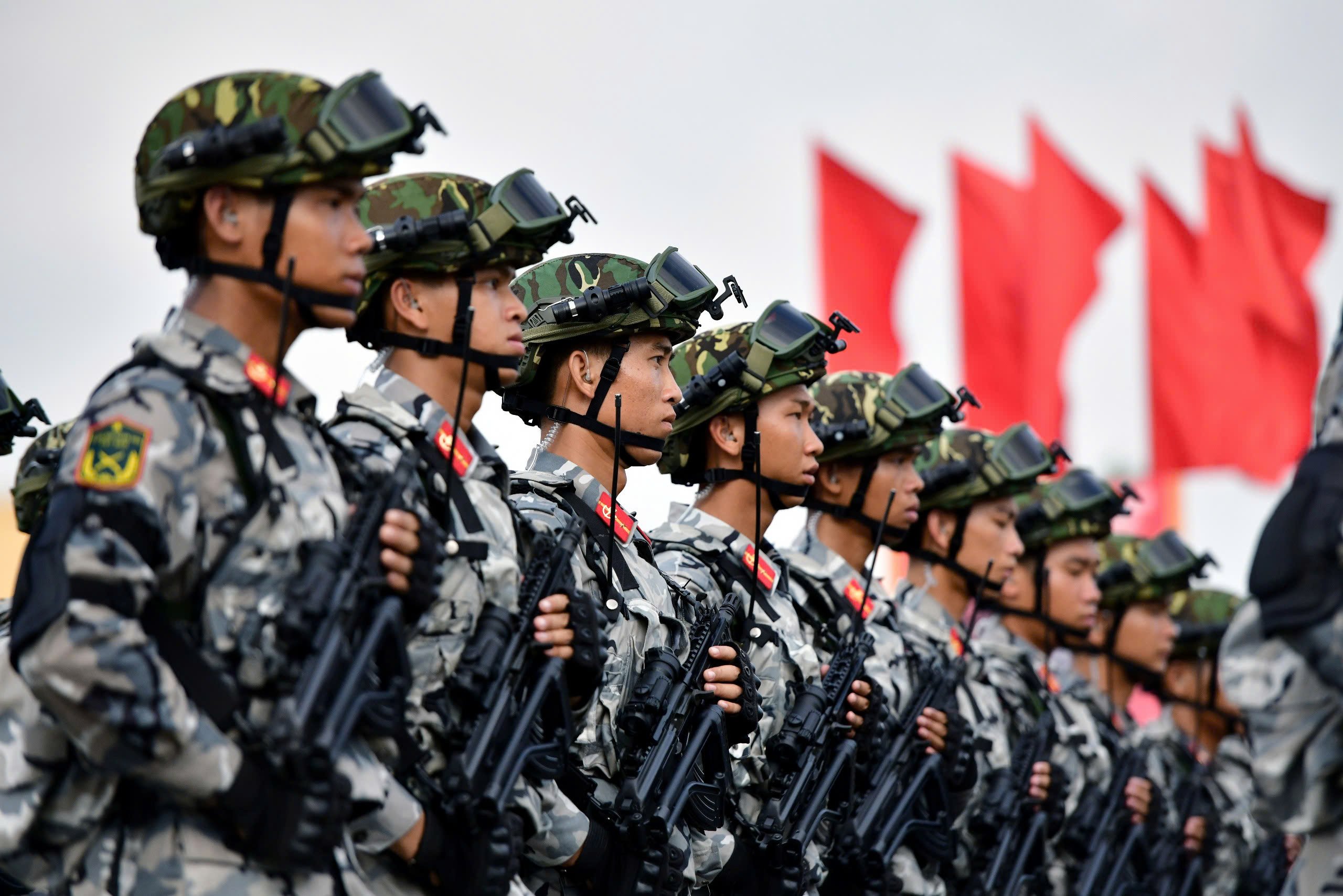

![[Photo] The two Prime Ministers witnessed the signing ceremony of cooperation documents between Vietnam and Ethiopia.](https://vstatic.vietnam.vn/vietnam/resource/IMAGE/2025/4/15/16e350289aec4a6ea74b93ee396ada21)
![[Photo] Prime Minister Pham Minh Chinh holds talks with Ethiopian Prime Minister Abiy Ahmed Ali](https://vstatic.vietnam.vn/vietnam/resource/IMAGE/2025/4/15/4f7ba52301694c32aac39eab11cf70a4)
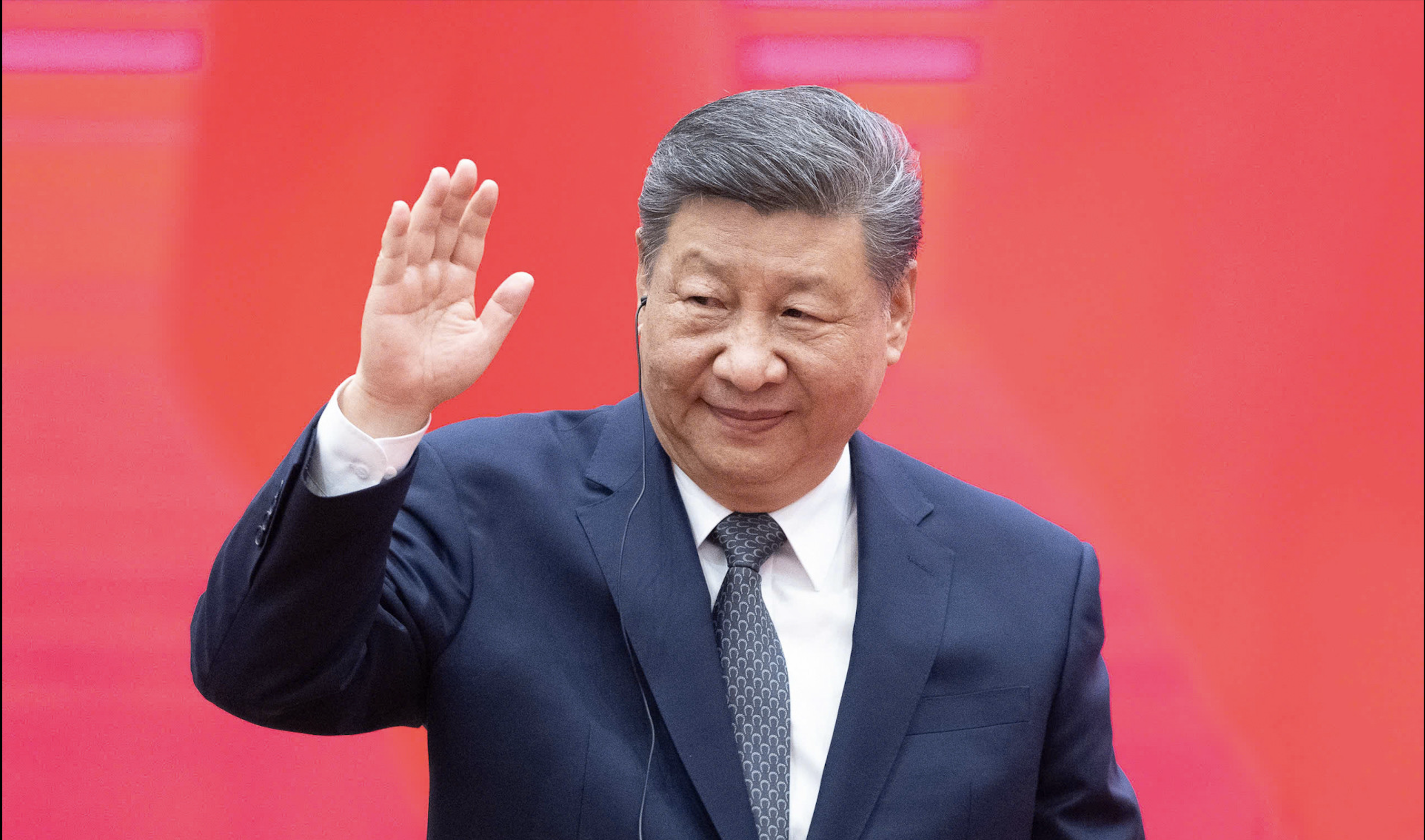



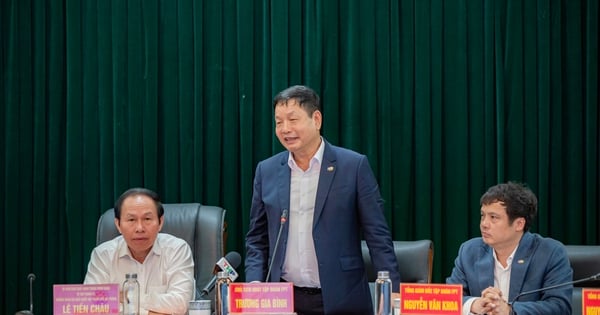
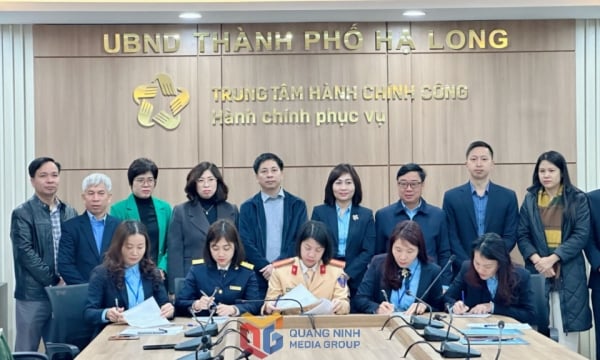


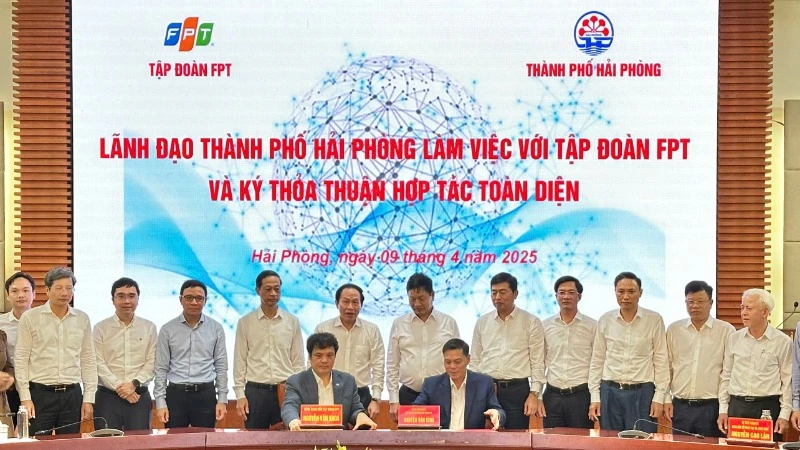





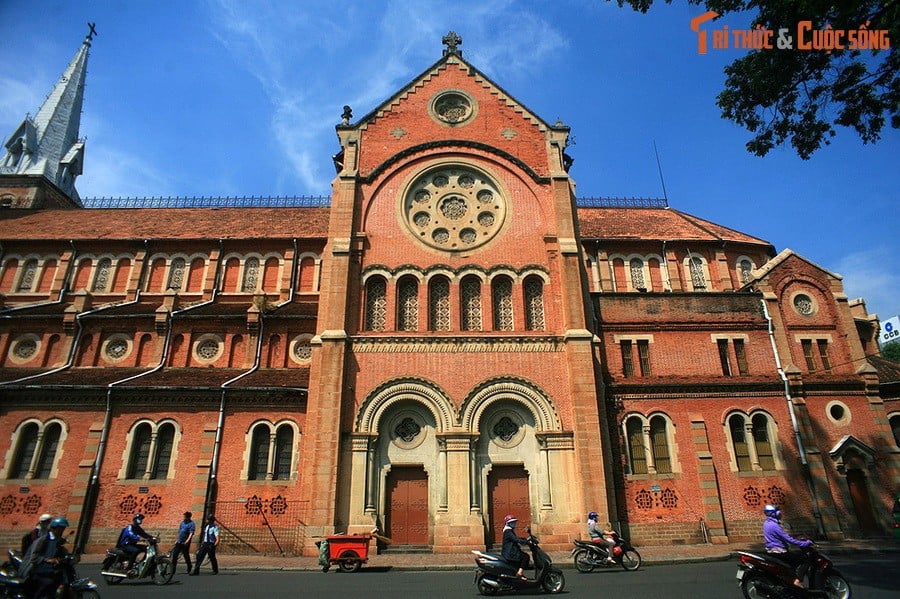
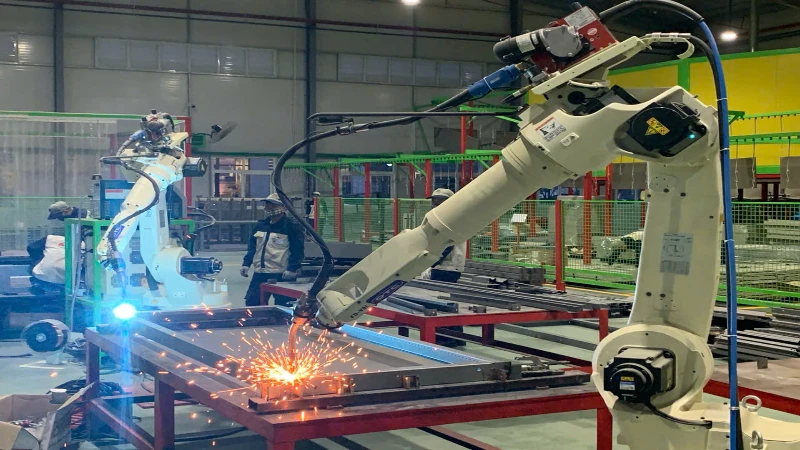



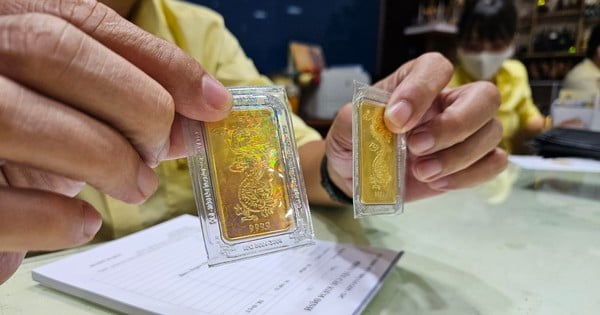





![[Photo] General Secretary To Lam receives Ethiopian Prime Minister Abiy Ahmed Ali](https://vstatic.vietnam.vn/vietnam/resource/IMAGE/2025/4/15/086fa862ad6d4c8ca337d57208555715)
![[Photo] National Assembly Chairman Tran Thanh Man attends the summary of the organization of the Conference of the Executive Committee of the Francophone Parliamentary Union](https://vstatic.vietnam.vn/vietnam/resource/IMAGE/2025/4/15/fe022fef73d0431ab6cfc1570af598ac)










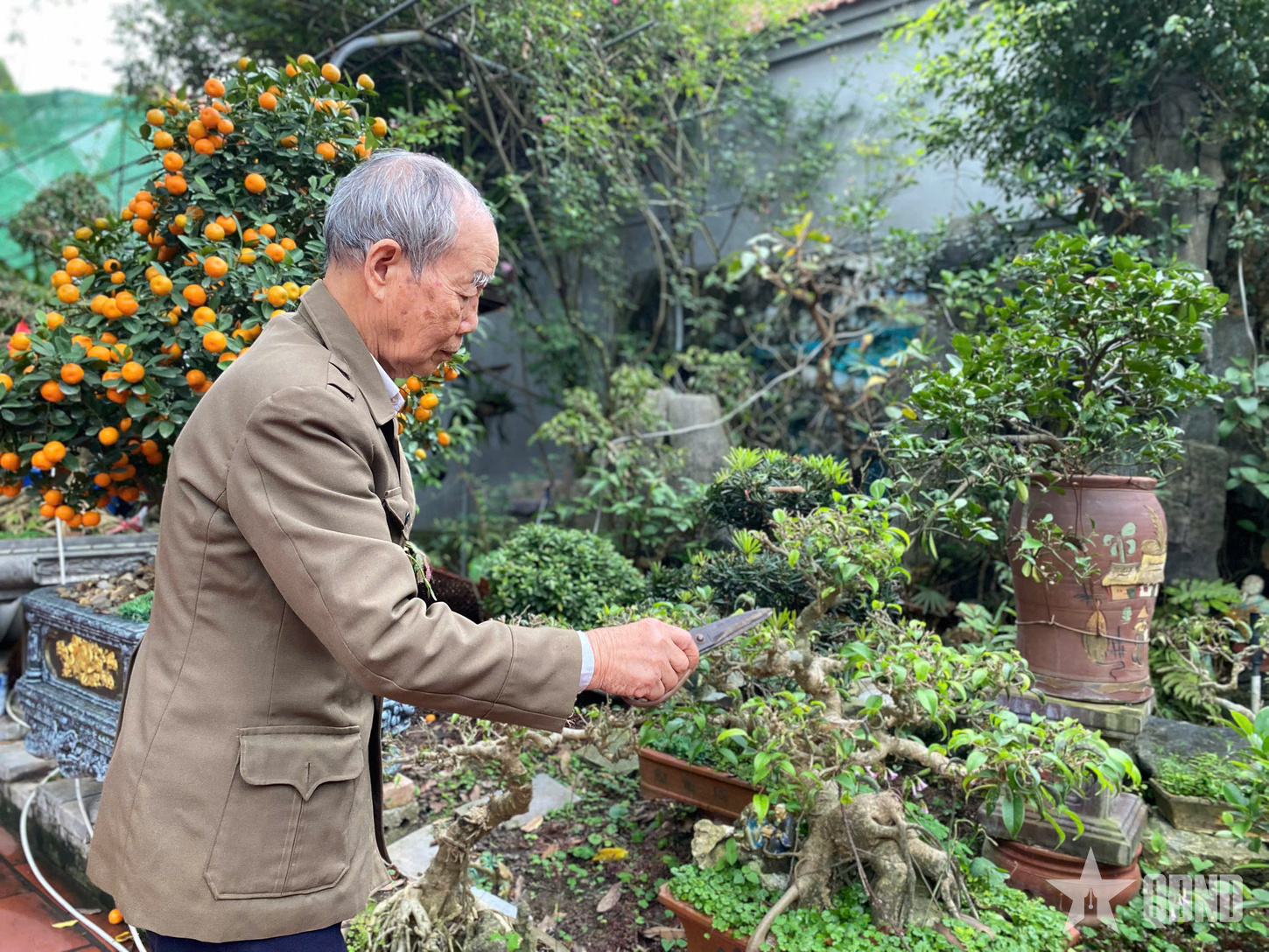







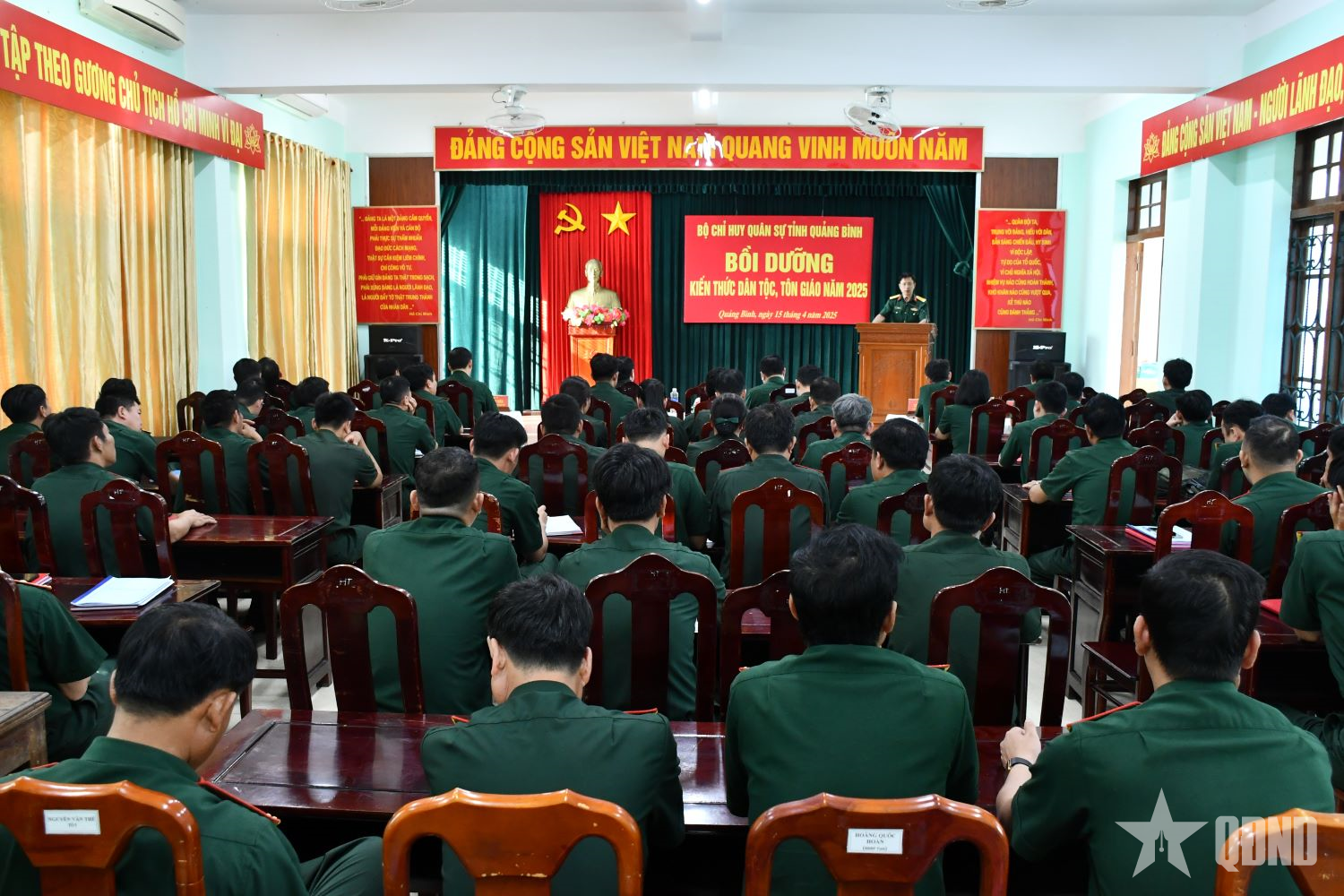




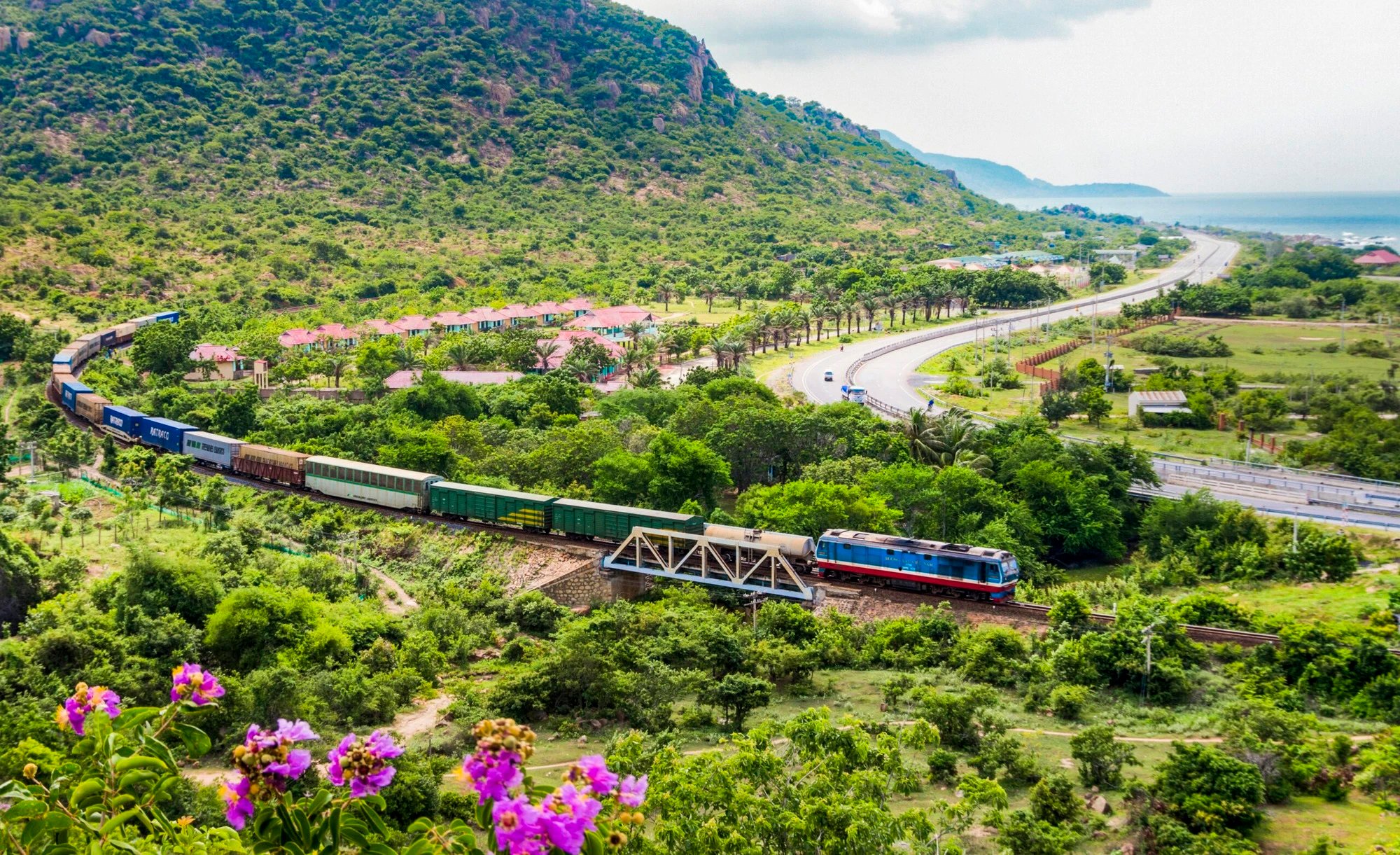

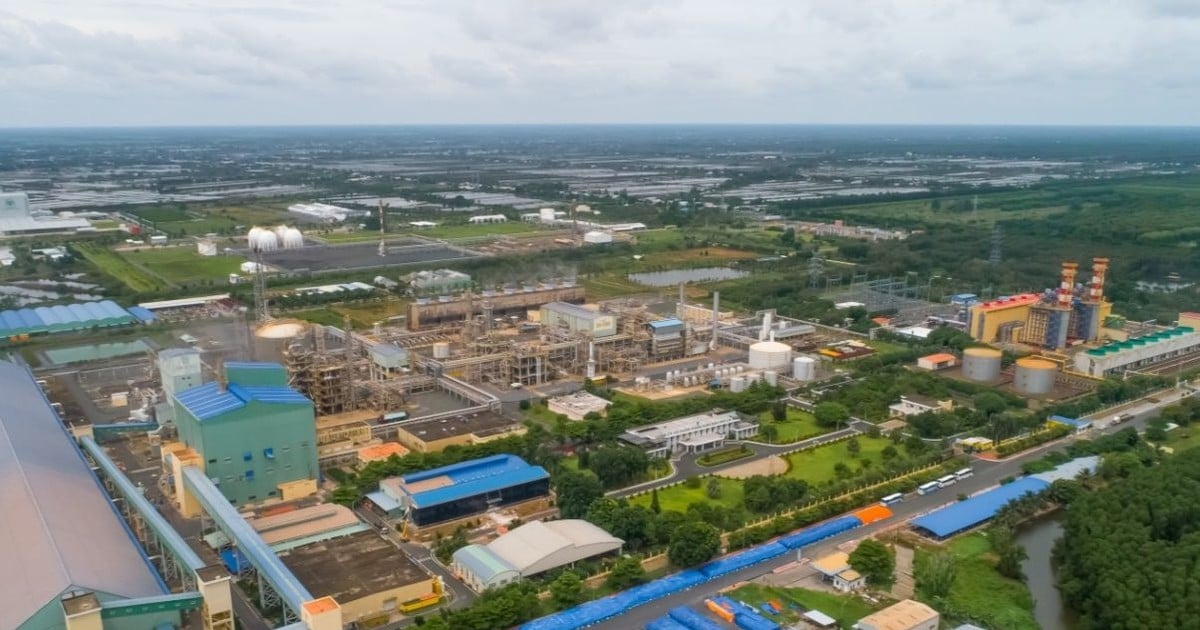






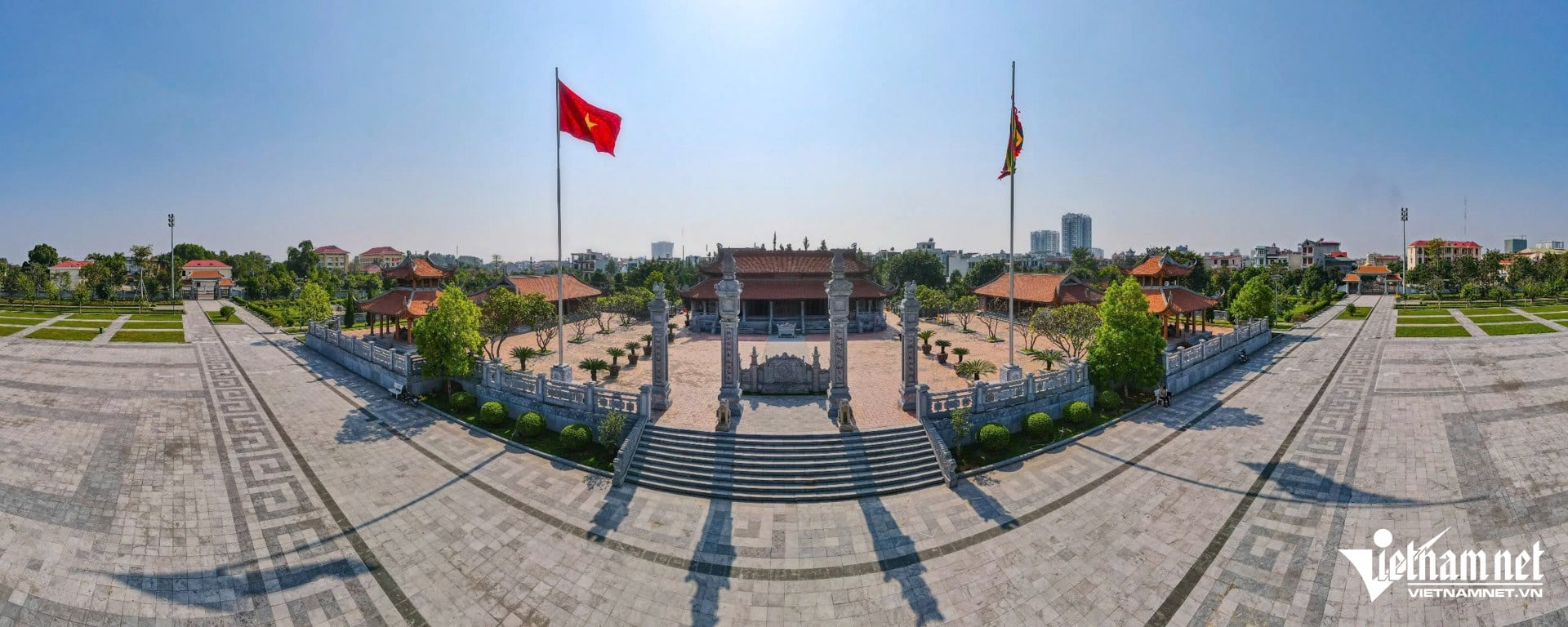

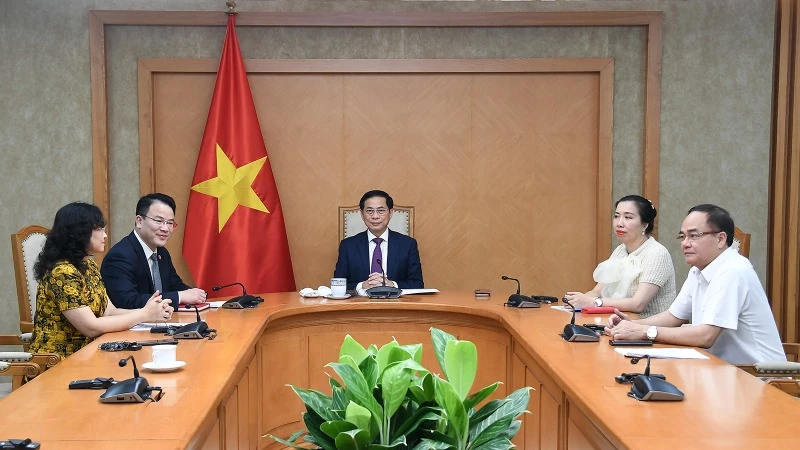
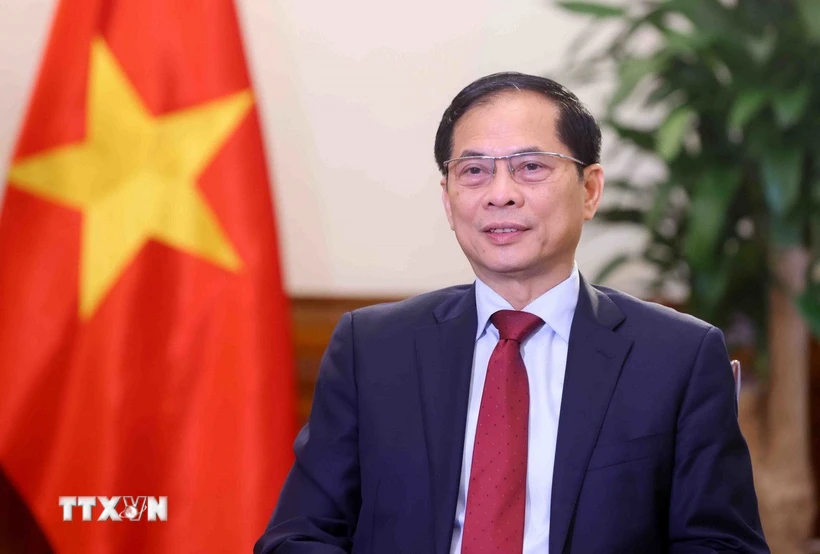


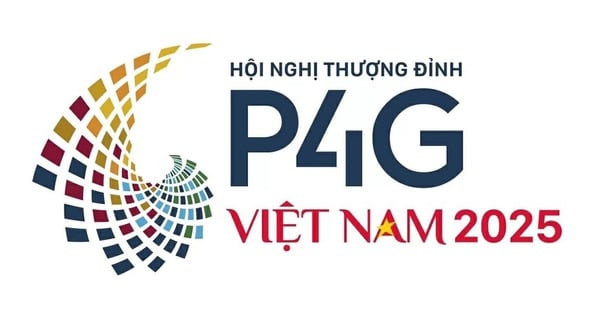

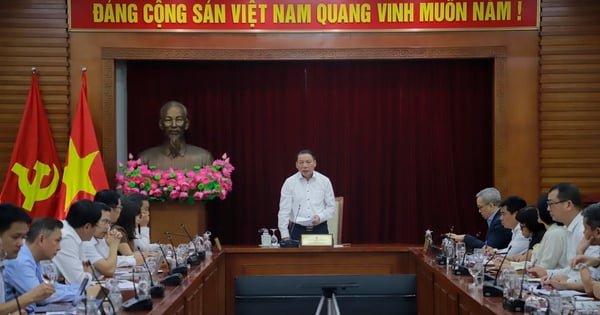

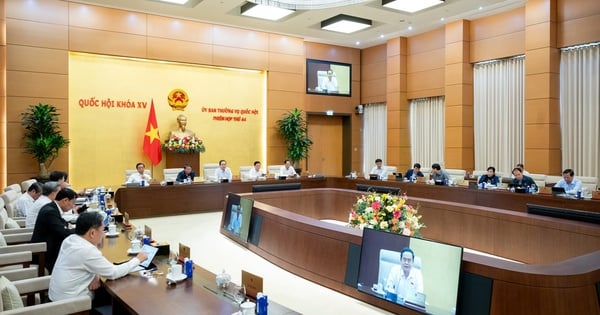


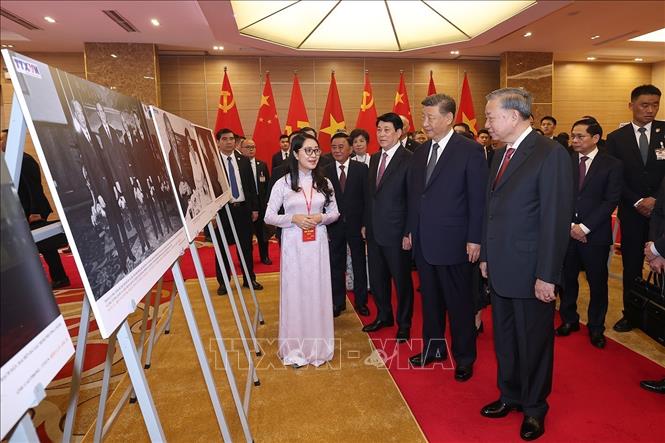

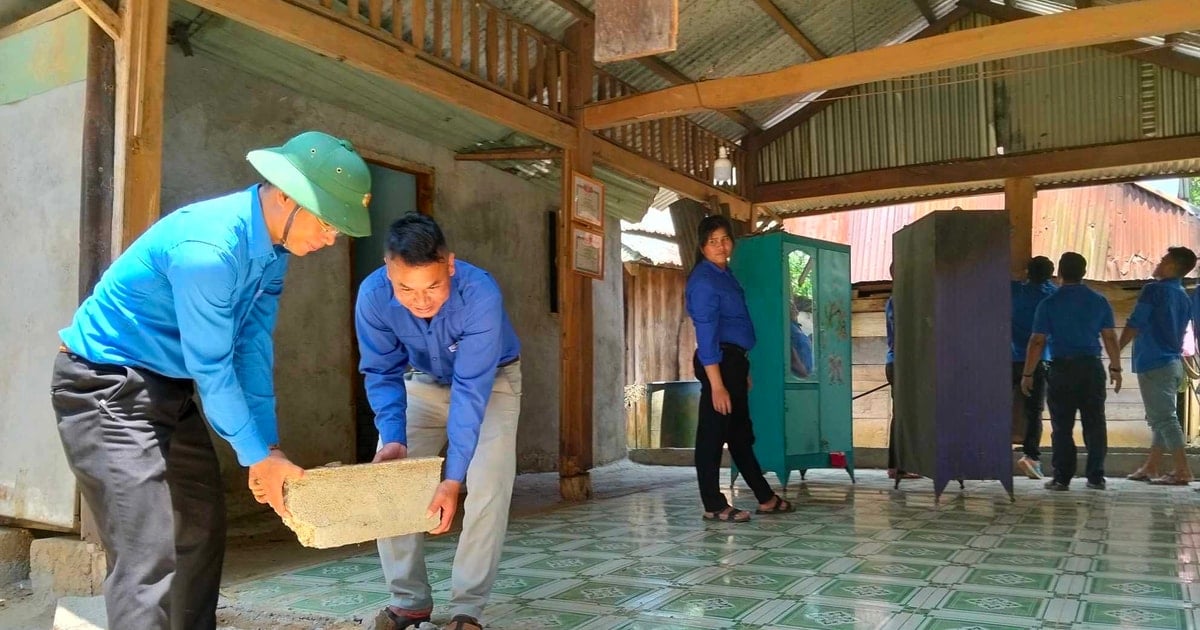





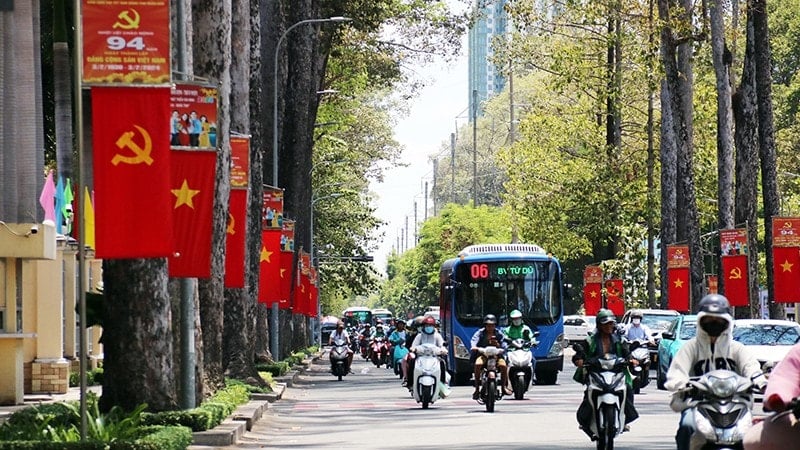


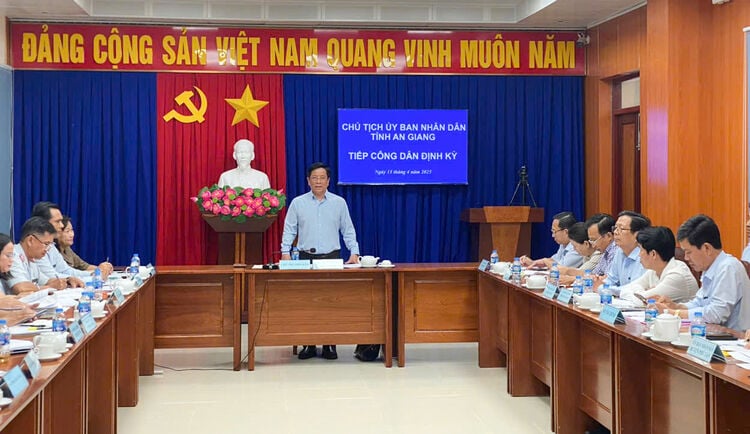

![[Photo] The capital of Binh Phuoc province enters the political season](https://vstatic.vietnam.vn/vietnam/resource/IMAGE/2025/4/16/c91c1540a5744f1a80970655929f4596)

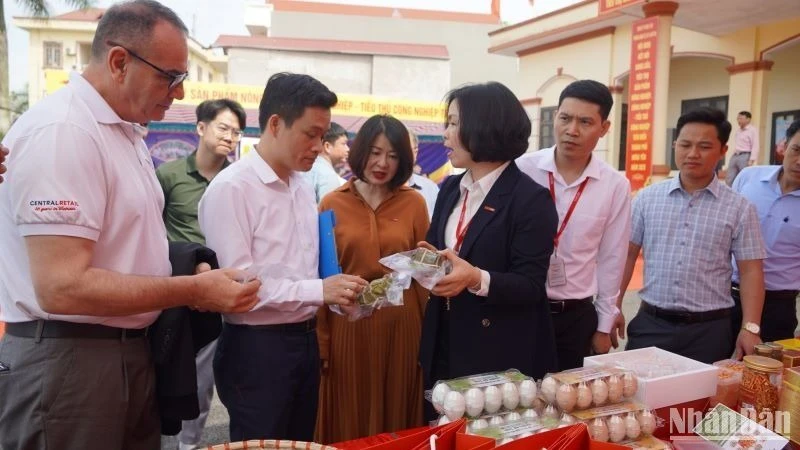






Comment (0)